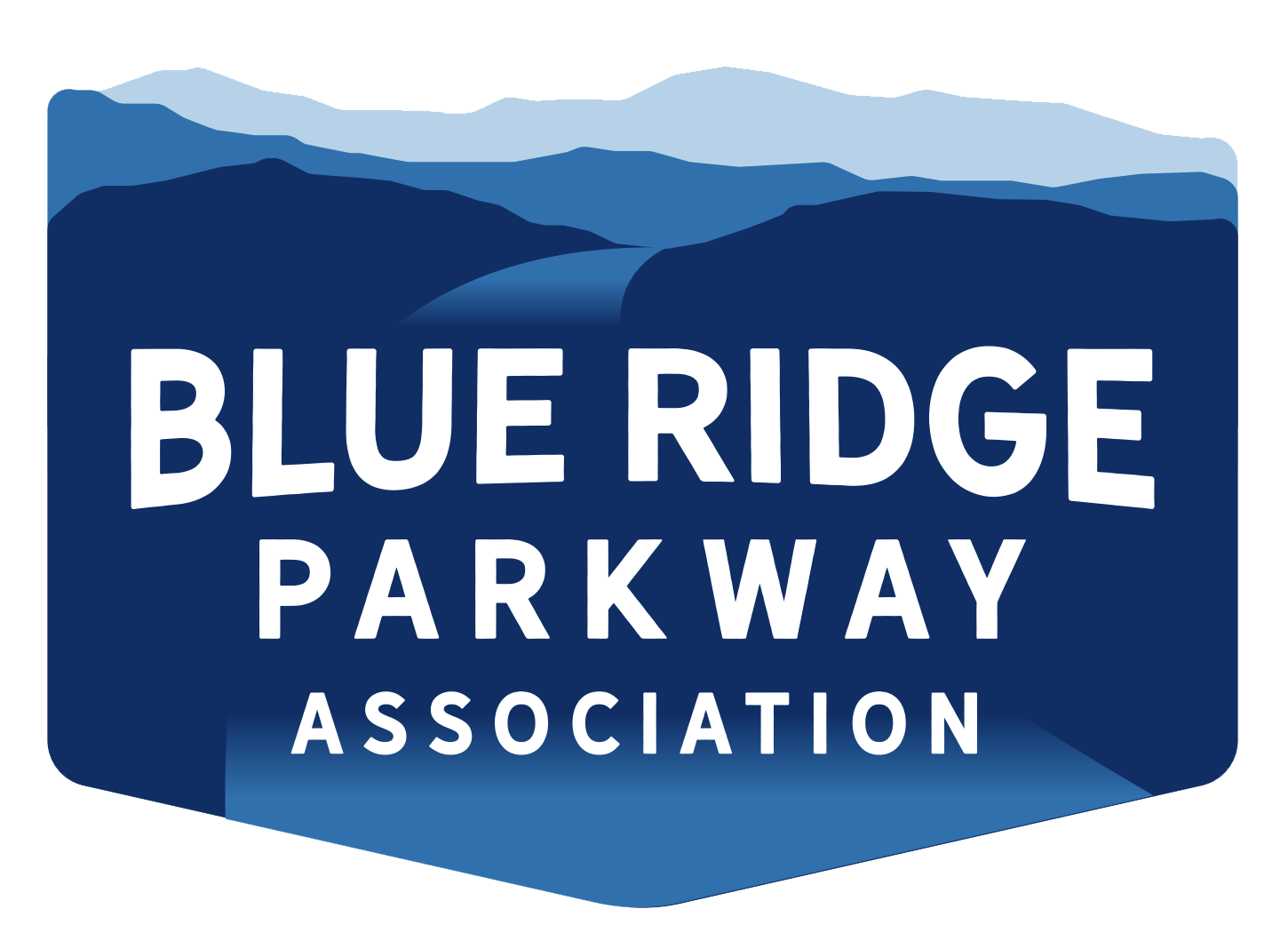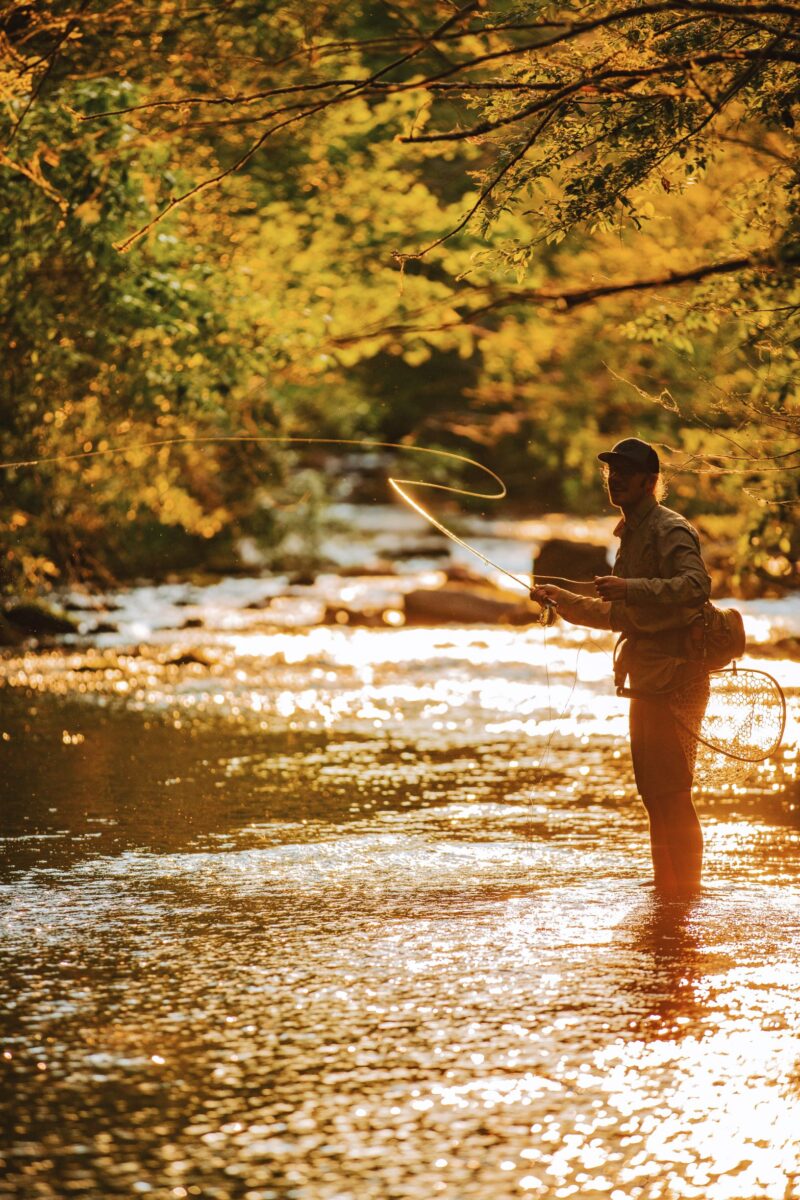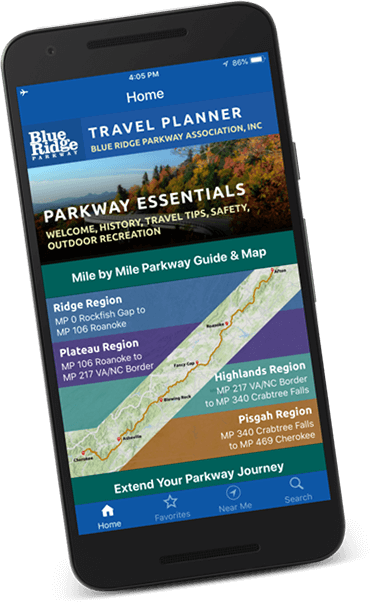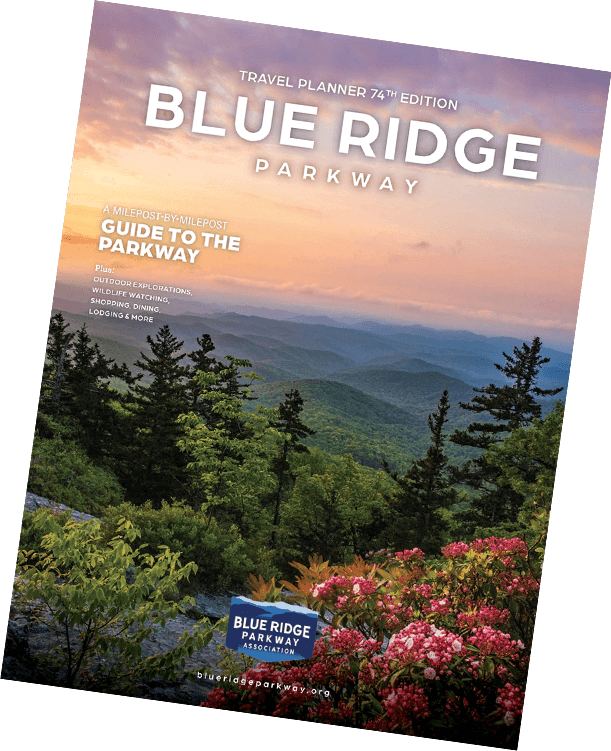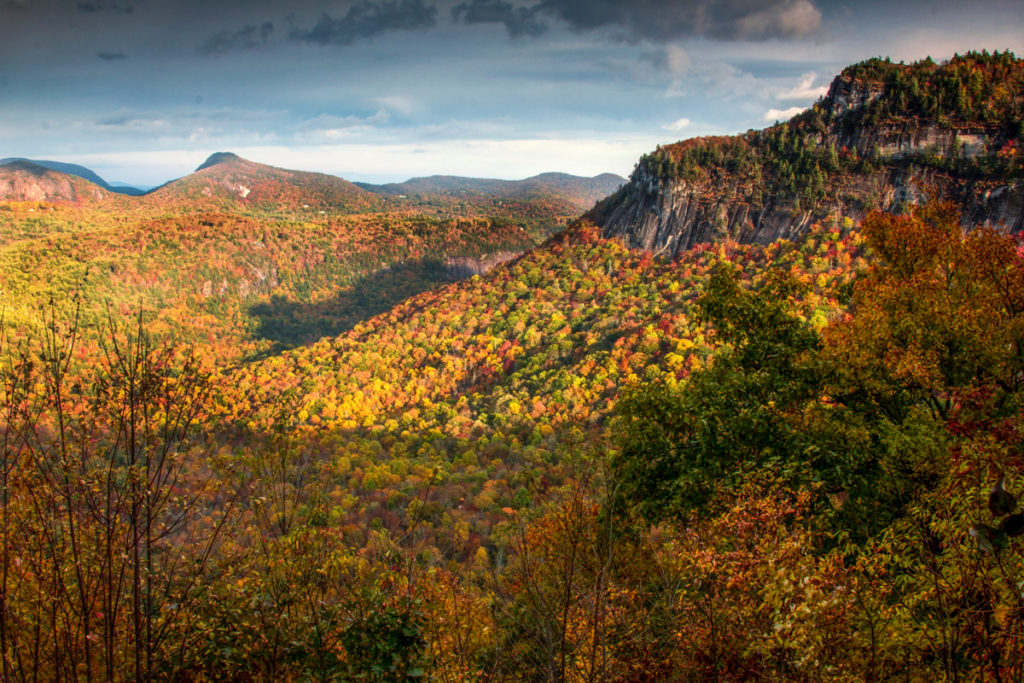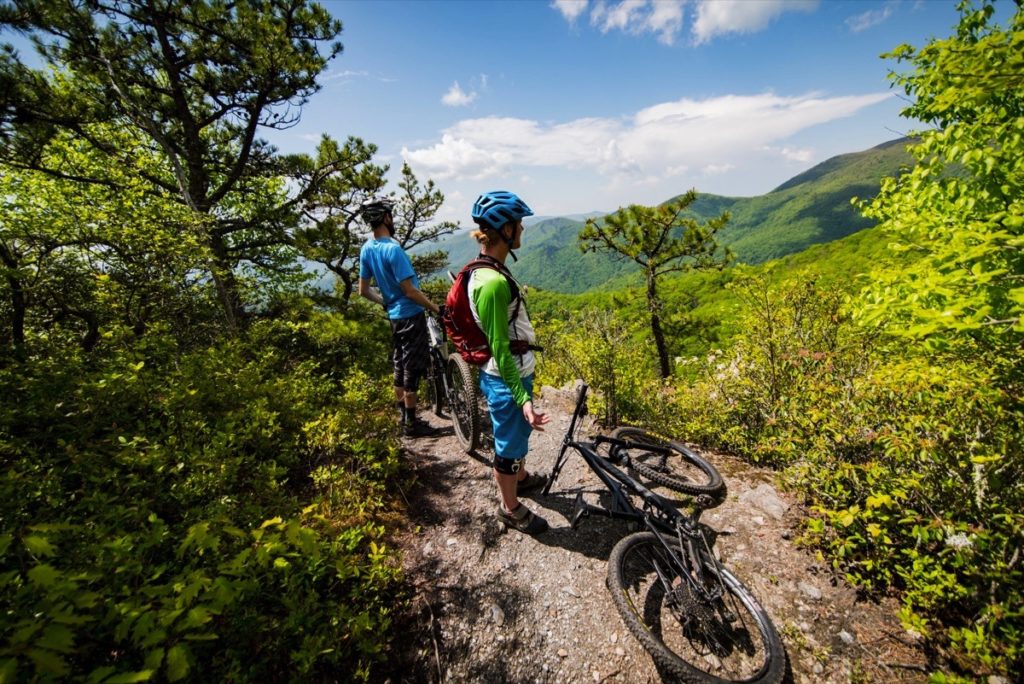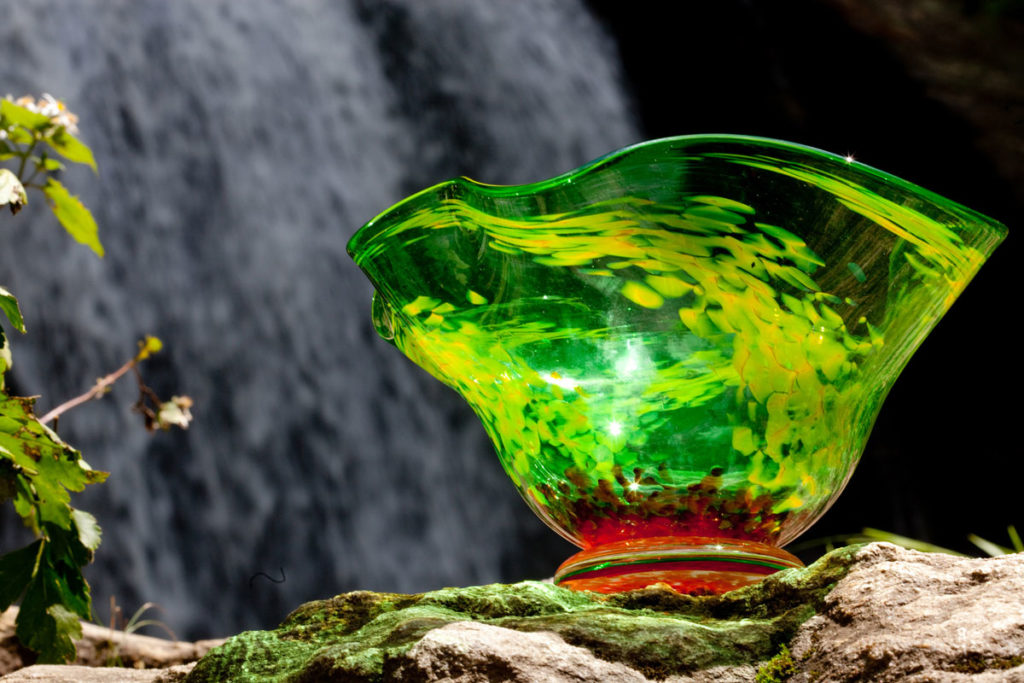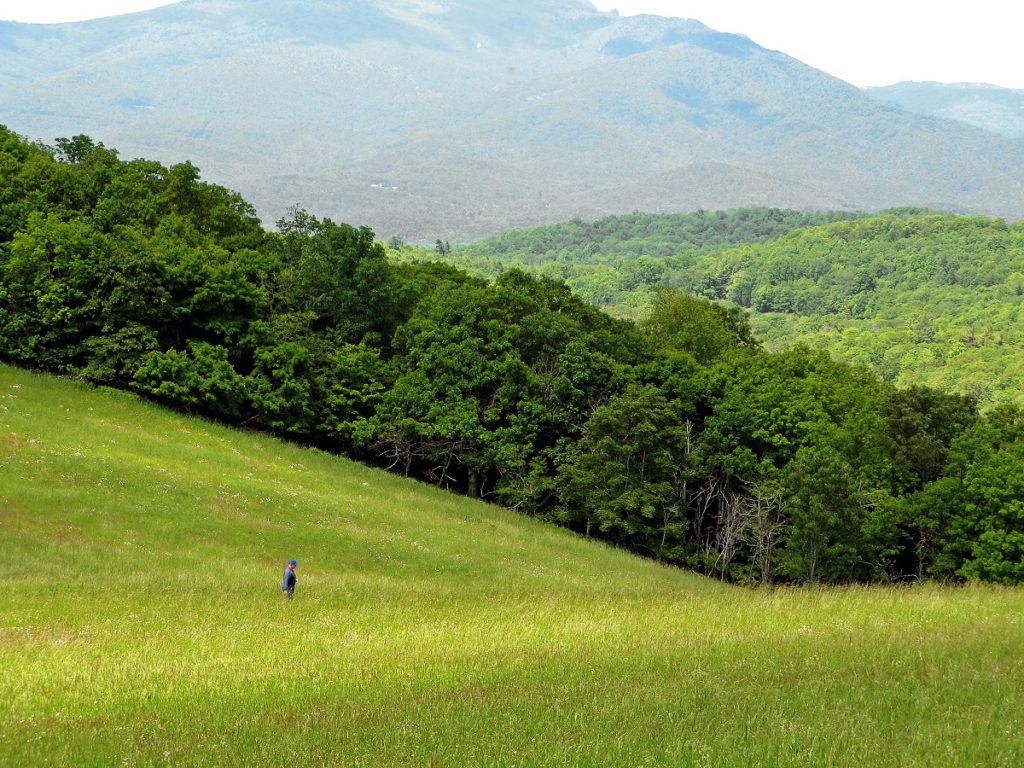Imagine a crisp morning with sunlight filtering through the trees, birds voicing their cheery calls, and a cool mountain stream gurgling over a rocky streambed. You stand in a cold, shady pool casting your line, wait for a nibble, and then set the hook at just the right instant. These are the quiet moments that fisherman often revel in. And there are many places in the Blue Ridge region where you can snag a prime fishing spot for yourself if you know where to look and what regulations to follow.
Where can I find a fishing hole?
Beside the obvious streams and lakes (more specifics on those below) that dot the region, there are lots of additional places which offer fishing, some located right at a local lodging establishment – you can find a stream or lake that you can drop a line into at most any type of overnight accommodation (and some don’t even require a fishing license!). If you are heading to a specific area, these visitor information sources can help you locate a fishing hole along your route. Haywood County, NC offers a variety of pristine streams to choose from. Some area attractions and outfitters also offer fishing, and additional Parkway resources can also provide insight into the local fishing scene. Fishing is also available at many of the Parkway’s Points of Interest.

What regulations should I follow?
Before you head out to fish in a national park, there are some guidelines you’ll need to know. To fish on Blue Ridge Parkway lands, adults need a valid state fishing license for either Virginia or North Carolina, no trout stamp is required. Youth under age 16 can fish without a license while accompanied by an adult. For trout waters, regulations pertaining to that area are posted along the bank. Fishing is permitted 30 minutes before sunrise to 30 minutes after sunset but is not permitted from footbridges, dams or adjacent walls. Single hook artificial lures can be used in most parkway waters. Use of unpreserved fish eggs, minnows or amphibians is not allowed and digging for bait is not permitted. Confirm fishing seasons, limits and other regulations for each area with a park ranger. And always pay attention to boundary lines — streams and rivers cross into other state, federal or private land where different regulations may apply.
To fish in Shenandoah National Park, adults over the age of 16 need a valid Virginia fishing license. Only single hook artificial lures are permitted; no organic bait is allowed. For details on size, season and creel limits, visit Shenandoah National Park’s website.
And to cast a line in Great Smoky Mountains National Park, adult anglers must possess a valid fishing license or permit from either Tennessee or North Carolina. Either state license is valid throughout the park and no trout stamp is required. Special permits are required for fishing in Gatlinburg and Cherokee, though.
Fishing licenses and permits are not available in the parks but may be purchased in nearby towns or online. Additional details and locations can be found at each state’s wildlife website: Virginia, North Carolina, and Tennessee.
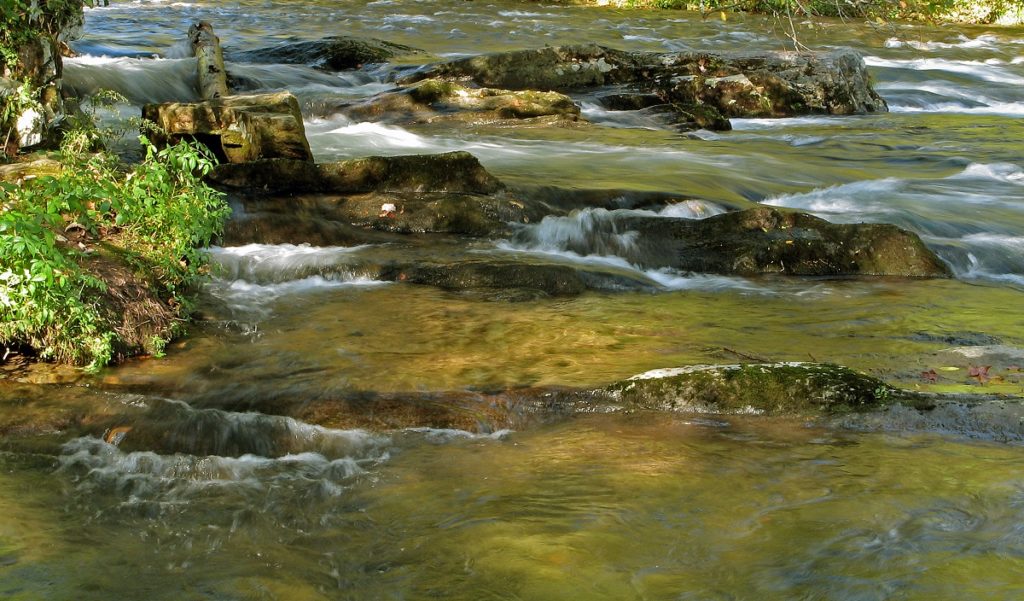
Where can I fish in the national parks?
The headwaters of many streams and rivers are found in the Blue Ridge Parkway region. Even very small streams often have cold, clear water that is prime habitat for the only trout native to the Appalachians, the brook trout. A number of lakes or ponds also provide opportunities for warm water fishing for bass, bream, or bluegill. Possible fishing spots include:
Shenandoah National Park
- Rapidan River
- North Fork of the Moormans River
- Rose River of Madison County
- Big Run (follow the Big Run Trail from the Doyles River parking area just south of Skyline Drive MP 81)
Blue Ridge Parkway
- Otter Lake / MP 60 (handicap accessible fishing pier)
- James River / MP 63
- Abbott Lake / MP 86
- Roanoke River / MP 115
- Pine Creek / MP 222 -225
- Doughton Park/ MP 238-248
- Jeffress Park / MP 272
- Trout Lake and Bass Lake at Moses Cone Memorial Park / MP 292-299
- Streams in Julian Price Park and Moses Cone Memorial Park / MP 292-299
- Price Lake / MP 297 (includes handicap accessible fishing pier)
- Wilson Creek / MP 303.6
- Linville River / MP 317 (access from picnic area, campground, and visitor center)
- Big Crabtree Creek / Milepost 339.5
- Rattlesnake Lodge area / MP 374.4
- Woodfin Creek / MP 447
- Soco Creek / MP 455
Great Smoky Mountains National Park
- Oconaluftee River / Blue Ridge Parkway MP 469
- Waterways accessible from US 441: Bradley Fork, Collins Creek, Smith Branch, Kephart Prong, Kanati Fork, Walker Camp Prong, & West Prong Little Pigeon River
- Deep Creek (near Bryson City)
- These and other streams can be located by zooming in on the Great Smoky Mountains National Park map
What now?
We’ve covered fishing regulations and locations (both in the national parks and in areas nearby), the only thing missing now is YOU. Grab your gear, make sure you have a valid fishing license for the region, and head out to enjoy a mountain lake or stream. Bonus points if you catch your dinner!
